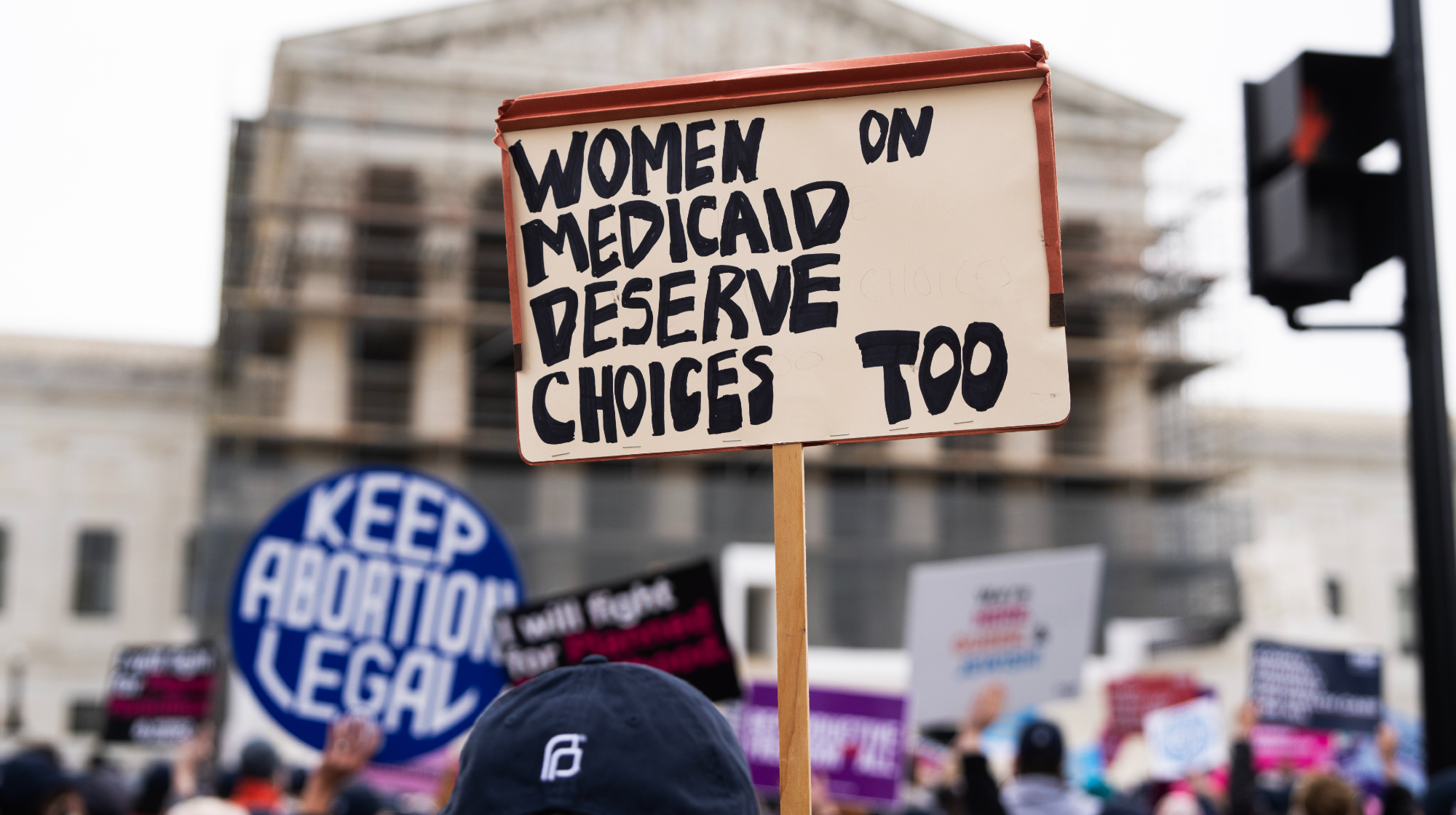Supreme Court lets states ax Planned Parenthood funds
The court ruled that Planned Parenthood cannot sue South Carolina over the state's effort to deny it funding


A free daily email with the biggest news stories of the day – and the best features from TheWeek.com
You are now subscribed
Your newsletter sign-up was successful
What happened
The Supreme Court Thursday ruled that Planned Parenthood and one of its clients cannot sue South Carolina over its push to withhold Medicaid funds from the group under a 2018 executive order from Gov. Henry McMaster (R). The court ruled 6-3 along ideological lines in the case, Medina v. Planned Parenthood South Atlantic, with the three liberal justices dissenting.
Who said what
McMaster cited Planned Parenthood's abortion operations in ordering the state to withhold funds, but Thursday's ruling mentioned abortion "only in passing," focusing instead on the procedural question of whether the plaintiffs had standing to sue to enforce Medicare's provisions, The New York Times said. The decision nevertheless "made it easier for states to deny funding to Planned Parenthood," particularly given the Trump administration's "hostility to abortion rights."
Federal funds can't be used to pay for abortions, with rare exceptions, but Medicare can reimburse Planned Parenthood for its other services, like cancer screenings and birth control, under a provision that lets patients go to any qualified provider that will accept their insurance. The court's conservative majority acknowledged that part of the law but decided it "does not make it a right enforceable in court," The Associated Press said. That closed off Planned Parenthood's "primary court path to keeping Medicaid funding in place: patient lawsuits."
The Week
Escape your echo chamber. Get the facts behind the news, plus analysis from multiple perspectives.

Sign up for The Week's Free Newsletters
From our morning news briefing to a weekly Good News Newsletter, get the best of The Week delivered directly to your inbox.
From our morning news briefing to a weekly Good News Newsletter, get the best of The Week delivered directly to your inbox.
Because the decision blocked such lawsuits, Jezebel said, it would allow states to "'defund' providers simply because they provide gender-affirming care, or even birth control." Thursday's decision is "likely to result in tangible harm to real people," Justice Ketanji Brown Jackson said in her dissenting opinion. It will deprive Medicaid patients of the "deeply personal freedom" to "decide who treats us at our most vulnerable."
What next?
The Supreme Court is expected to hand down its "six final decisions" of the term today, The Washington Post said. The "major rulings" outstanding include "whether to limit nationwide injunctions," notably Trump's ban on birthright citizenship, and the "legality of requiring age verification to access online porn."
A free daily email with the biggest news stories of the day – and the best features from TheWeek.com
Rafi Schwartz has worked as a politics writer at The Week since 2022, where he covers elections, Congress and the White House. He was previously a contributing writer with Mic focusing largely on politics, a senior writer with Splinter News, a staff writer for Fusion's news lab, and the managing editor of Heeb Magazine, a Jewish life and culture publication. Rafi's work has appeared in Rolling Stone, GOOD and The Forward, among others.
